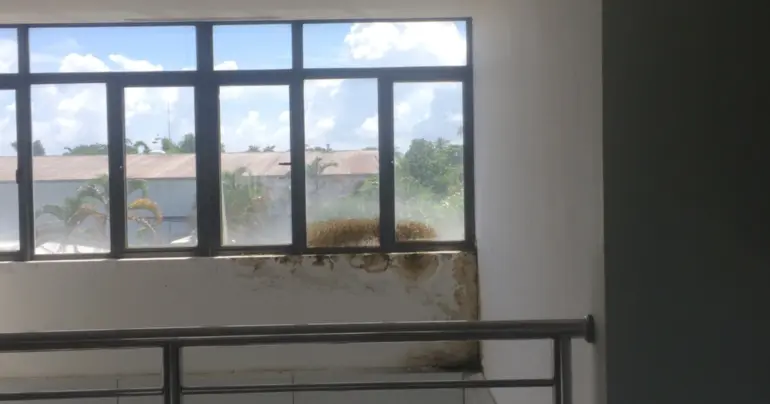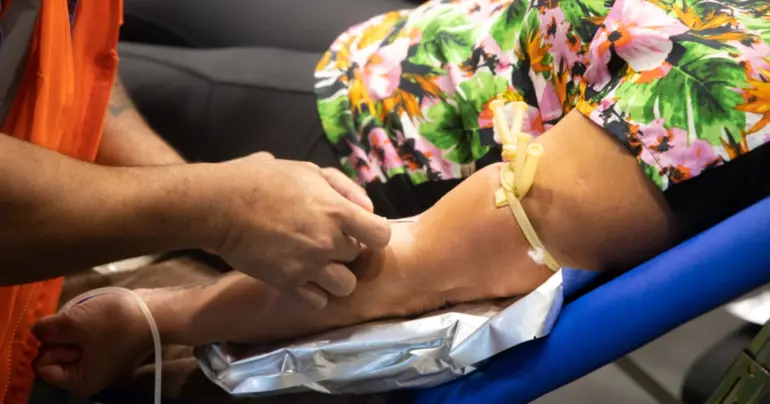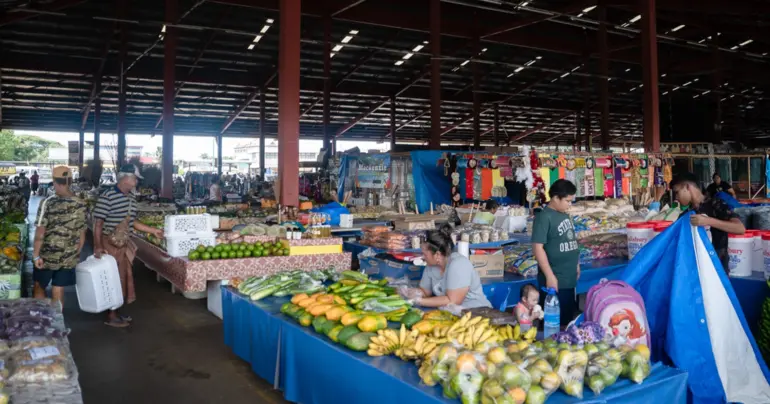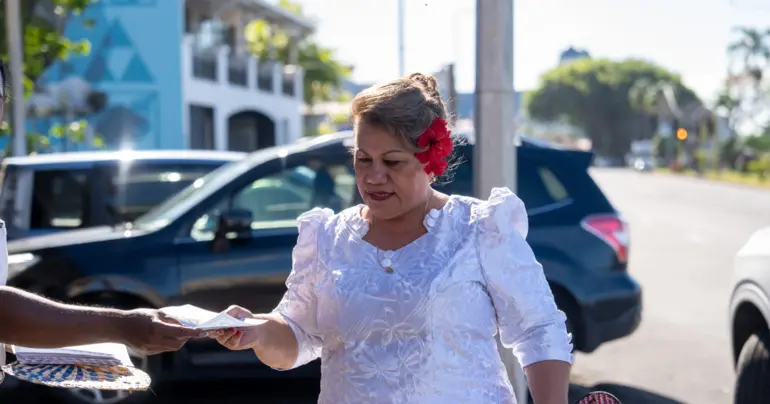'Killer' chemical ban urged
An alarming increase in the number of dogs being poisoned by paraquat is driving calls for the chemical to be banned, the Clinic Manager at the Animal Protection Society, Dr. Harriet Thornton, has confirmed.
From typical levels of between one to four cases a month, Dr. Thornton confirmed that the recent number of animal poisoning cases had spiked to 30 cases in three weeks, which she said was highly unusual.
The A.P.S. is calling on the Government to ban the "killer" chemical.
"We want to make people aware of how dangerous it is as a chemical,” she said.
“Our position is that we want to ban paraquat. There are only a few countries that are using paraquat across the world. It should be banned and not be sold, imported or licensed here.”
Paraquat is a toxic chemical widely used as an herbicide, primarily for weed and grass control. While it is banned in at least 32 countries, it is widely used in Samoa.
"This is not just an animal problem this is a countrywide problem but it’s never really been spoken about in any real sense. I know people do die from paraquat poisoning here, whether it’s accidental or by means of suicide," she added
"The usual thought here was usually when dogs die of poisoning that it was maliciously poisoned by someone. So when people come in and say that their dog is poisoned, we first ask them if their compound or neighbours have been sprayed with paraquat and they would say yes which confirms what I had said."
Not only is Dr. Thornton concerned about the effect of paraquat on dogs and animals in general, humans are not immune as well.
"It’s used mainly here by people who are not using the right protection such as masks, gloves or body covering,” she said.
“It causes fatal poisoning in humans and just the presence of it in the environment damages our environment, soil, waterways and fish life. If children are exposed to it, it might cause developmental problems in children, infertility and neurological development issues.”
Asked for a comment, the Chief Executive Officer of the Ministry of Agriculture and Fisheries, Tilafono David Hunter, said they have not received an official complaint about the deadly impact of paraquat.
"We all know that some of us have lost our dogs via the deliberate and inhumane poisoning by some people using some chemical. It may be paraquat or something else," Tilafono said.
"If there is evidence to support that some users are abusing it, then please inform us so that we investigate such inhumane cases, and revoke their user licenses."
According to Tilafono, the role of M.A.F. is to advise and give options for farmers to decide on, and there are other registered herbicides available.
M.A.F. also promotes organic alternatives and integrated pest management that incorporate cultural practices and biological methods to be applied by farmers, to control pests including weeds.
All pesticides including paraquat must be approved for registration by the Pesticide Technical Committee prior to being imported and distributed.
The Committee is the responsible body for the registration, control and management of all pesticides in Samoa.
"All users must be/are licensed. An inspection is carried out by the Registrar of Pesticides on the premise of a user prior to being issued a license. This is to ensure that the applicant adheres to conditions required by the Pesticide Technical Committee," Tilafono said
"These conditions include, a letter of recommendation by the “sui o le nuú” about the applicant, a box/room specifically for the storage of pesticide(s) as well as to comply with other conditions as per Part IV of the Pesticides Regulations 2011."











